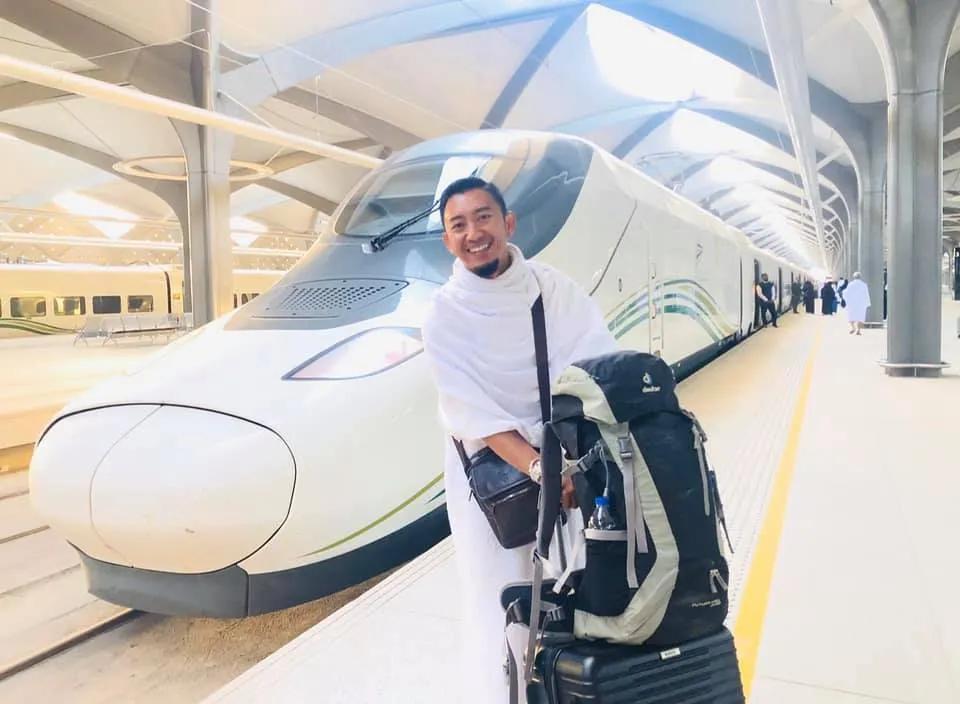A New Religious Travel Segment
Umrah is part of the pilgrimage to Makkah; it is a minor pilgrimage that Muslims can perform at any time of the year except during the Hajj season. Umrah is a significant form of travel for Muslims worldwide and it can be repeated depending on a person's physical and financial capabilities. Most people noticed that the expenses for Umrah are still incredibly high, but with a DIY travel option to the Holy Land, the cost is considered feasible.
There are various advantages to performing Umrah on one's own, including the possibility to travel with a small group of friends or to join an Umrah group with random people from the “Umrah DIY” Forum page. Using this form of travel can minimise the overall cost of the trip, for example, by sharing accommodation or transportation.
Furthermore, technology has opened up new avenues for DIY Umrah travellers, with internet platforms and applications allowing travellers to share their journey schedules and provide them with immediate access to the experience. Another benefit of the virtual Umrah and Hajj simulations is that Umrah DIY pilgrims can gain a better understanding of diverse cultures and places without relying on guides.
The Umrah DIY study is limited at the moment, although DIY Umrah travel is becoming more popular as the number of travellers seeking a deeper spiritual connection in religious travel grows. Understanding why and how people travel is critical for travel and destination marketers. Much of the literature on religious travel in Islam has concentrated primarily on Hajj, with little emphasis paid to Umrah, particularly on the DIY components of Umrah travels. This is a great opportunity to explore new religious travel segments, notably the Umrah DIY traveller.
For this study, there were two objectives: firstly, to explore the motivational factors for DIY Umrah travel among Muslim pilgrims; and secondly, to examine the factors and conditions that support and facilitate the selection of DIY Umrah. Potential participants were invited via a private Facebook message explaining the background and purpose of the study, and there were also a few participants who helped recommend family members and friends who had experienced Umrah DIY. Although a total of 45 participants were contacted via private Facebook messages, only 20 participants were finally able to take part.
According to the findings, three significant motivating reasons contributed to the performance of the Umrah DIY: flexibility, budget travel, and spirituality. It was discovered that a sense of motivation encouraged people to return to the location and then advise others. The findings suggested four additional factors that supported and facilitated the choice of performing the Umrah in a DIY mode: information sources, travel quality, companionship/new friendship, and familiarity. The themes emerged throughout the Umrah DIY planning process, where participants were asked to describe why they chose Umrah DIY and to share how they planned their travel.
The themes varied according to the motivating elements, in that they emphasised how essential the themes were in facilitating the success of the Umrah DIY journey. The factors helped the travellers in their planning as well as facilitated their journey. A few of the participants stated that without the facilitating factors, completing their Umrah DIY journey would have been almost impossible. As this was one of the first studies to explore the phenomenon of Umrah DIY, future researchers might delve into the barriers and challenges that Umrah DIY faces when organising and completing Umrah.
Siti ‘Atikah Binti Rusli
School of Hospitality and Service Management
Email: @email
This article was first published in GeoJournal of Tourism and Geosites




